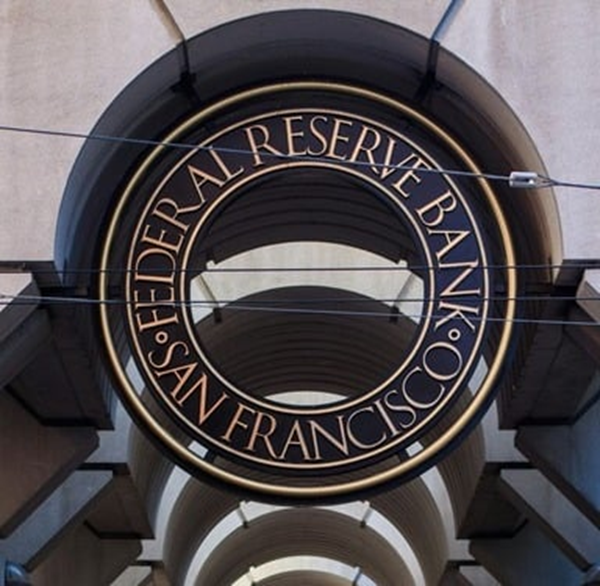
Money Metals writer Mike Maharrey last week shot down the laughable assertion made this week by Federal Reserve Chairman Jerome Powell that bitcoin is, "like gold," merely a "speculative asset" and thus a competitor with gold, not the dollar, because people aren't using bitcoin for payments or as a store of value.
But as Maharrey notes, "Gold is not a speculative asset. It is widely viewed as a safe-haven hedge and a store of value."
Indeed, gold has been used as money for thousands of years, central banks increasingly accumulate it in recognition that it remains money without counterparty risk, and now even bitcoin is sometimes being used for payments.
Asserting that gold doesn't compete with the dollar as money, Powell pretended ignorance of the U.S. government's extensive and decades-long efforts -- through laws, policies, and market interventions -- to minimize gold's role in the international financial system, precisely to defeat the monetary metal's competition with the dollar.
Documenting the U.S. government's open and surreptitious efforts to defend the dollar against competition from gold has been the bulk of the work of the Gold Anti-Trust Action Committee (GATA) for more than 25 years (See here and here).
Indeed, the documents indicate that defeating the competition posed by gold to the dollar long has been the primary objective of the Federal Reserve, U.S. Treasury Department, and Western central banking generally.
But just as disgraceful as Powell's brazen and obvious lies was that they were uttered at a conference sponsored by the New York Times and attended by financial journalists, and not one of them challenged the lies.
This could have been easily done, just by shouting out questions like:
"What about the London Gold Pool?"
"What about central bank gold swaps and leases?"
"Why are so many central banks acquiring gold lately?"
"What about the new Basel III standards issued by the Bank for International Settlements recognizing gold as a 'Tier I' asset equivalent to dollars and Treasuries?"
Again, it seemed like the greatest power of central banking is not the power to create infinite money out of nothing but rather the cowardly subservience of what passes for financial journalism.

